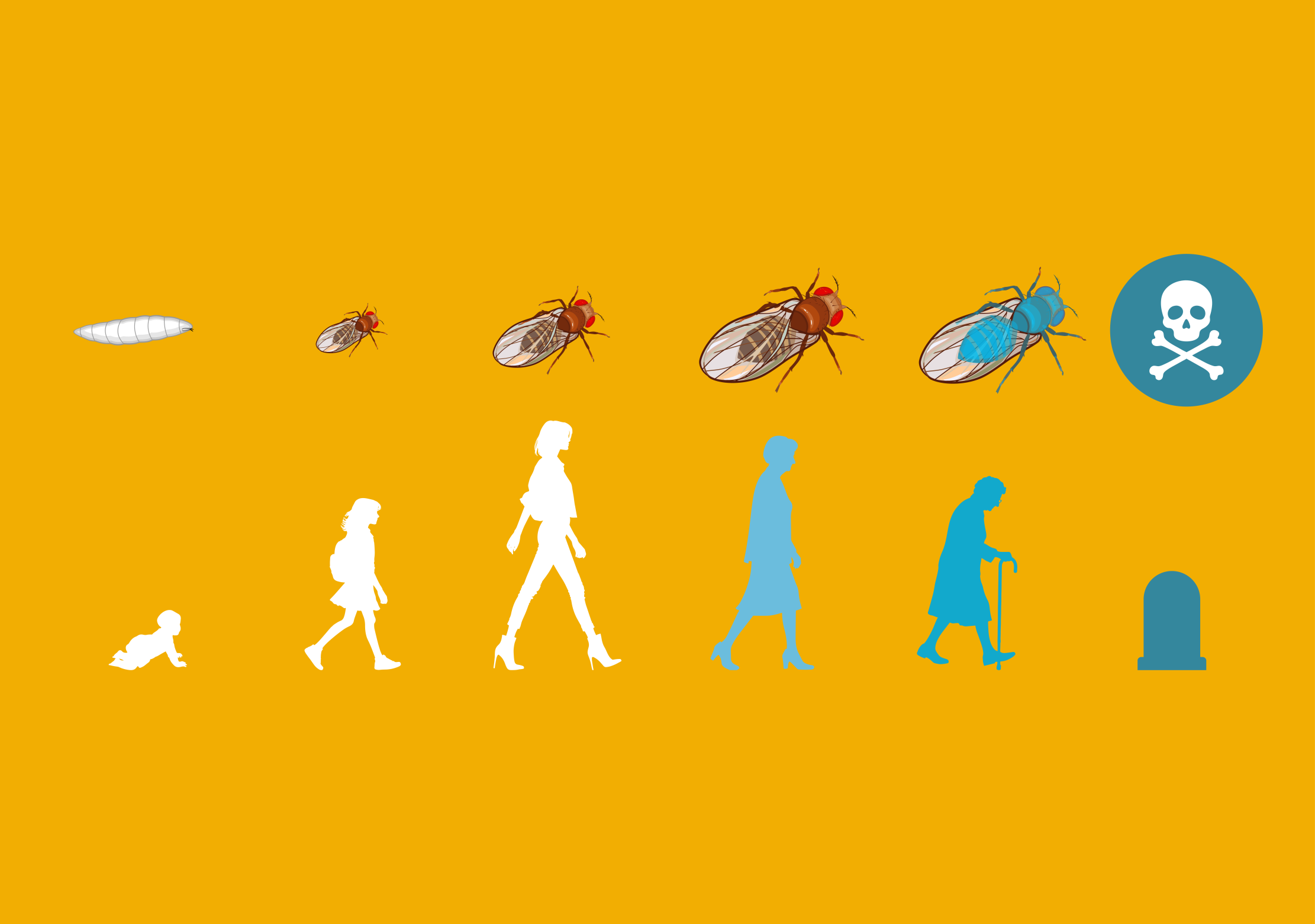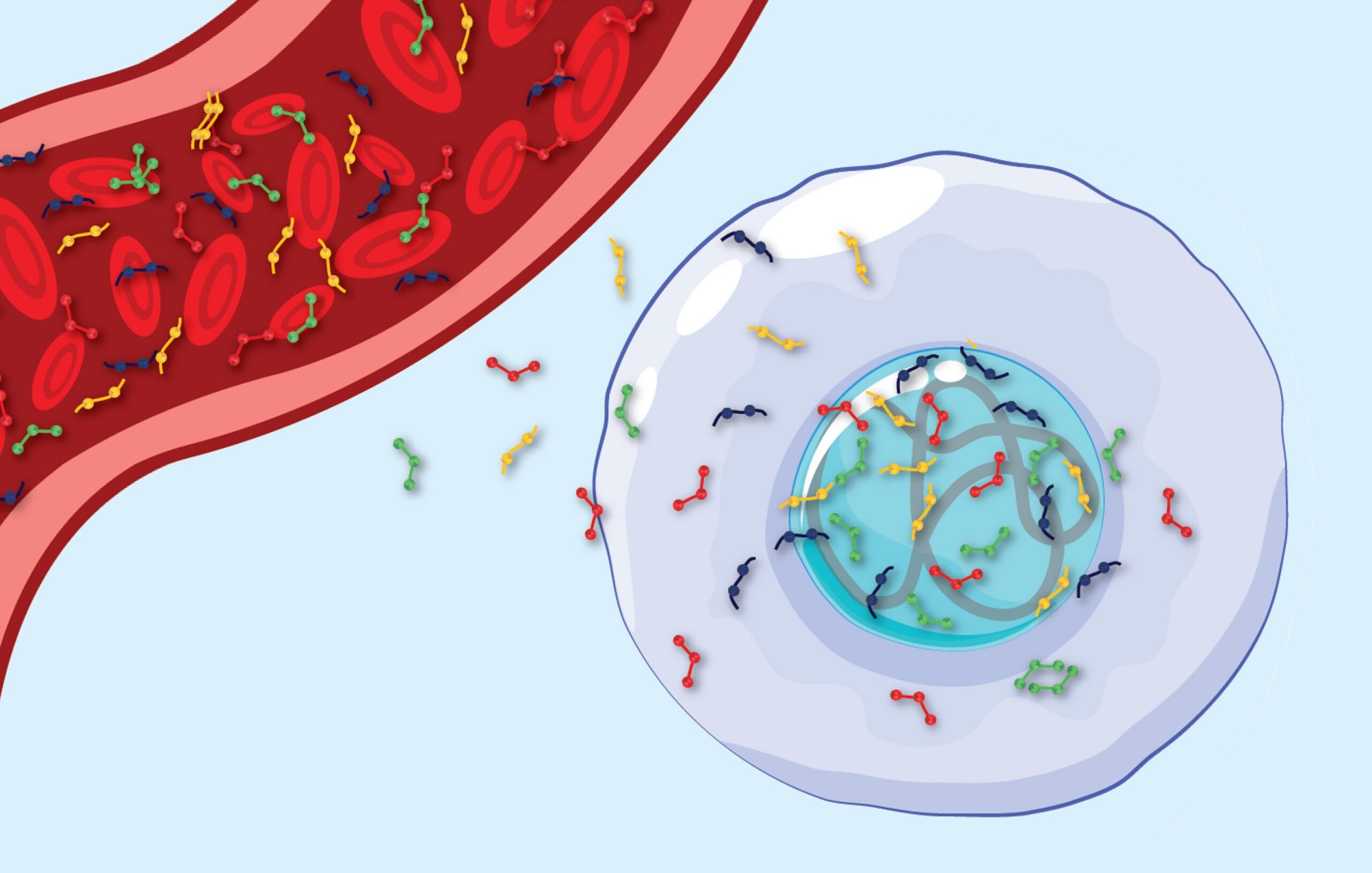Avoidant restrictive food intake disorder – or ARFID – is characterised by ongoing eating difficulties that can lead to malnutrition, weight changes, faltering growth in children, reliance on supplements, stress and social difficulties. Some affected individuals struggle to recognise when they are hungry or find eating unenjoyable, while others might avoid certain foods because of their texture, smell, or appearance. Past experiences such as choking or vomiting can also make someone avoid eating. In a recent review, researchers Tanith Archibald and Rachel Bryant-Waugh at the Maudsley Centre for Child and Adolescent Eating Disorders provide an overview of our current understanding of ARFID and its implications for clinical practice. Read More
They highlight the challenges and opportunities in diagnosing and treating this disorder, particularly as it often overlaps with other conditions including anxiety, autism, ADHD and gastrointestinal issues.
One of the biggest challenges in tackling ARFID is recognising it early. According to Archibald and Bryant-Waugh, prevalence rates vary widely, from as low as 0.3% in some populations to over 15% in others. This variation is partly due to differences in how the disorder is assessed. The researchers emphasise the need for better screening tools and training for healthcare professionals to accurately identify ARFID.
Given that ARFID can present in various ways, treatment often requires a team approach. Archibald and Bryant-Waugh recommend involving mental health professionals, dietitians, and other medical specialists. Treatments might include cognitive-behavioural therapy or exposure therapy to address fears around eating and improve emotional regulation; dietary support to gradually introduce new foods; and medical interventions to manage related health issues, such as gastrointestinal problems or nutrient deficiencies. The researchers also highlight family-based interventions and therapies tailored to autistic individuals or those with ADHD.
While interest in ARFID has grown since its inclusion in the DSM in 2013, much remains unknown. For instance, there’s limited data on how ARFID affects adults or how it varies across different cultures. Archibald and Bryant-Waugh call for more robust studies, including controlled trials, to develop evidence-based treatments. Another area for improvement is service delivery. The researchers advocate for coordinated care between professionals across different healthcare services, to ensure people with ARFID receive timely and adequate support that meets both their physical and mental health needs.
Archibald and Bryant-Waugh’s review highlights the importance of continued research and collaboration in addressing ARFID. By raising awareness and improving clinical practices, they hope to reduce the burden of this disorder on individuals and families. Their work is a valuable resource for healthcare professionals and a reminder of the need for compassionate, individualised care.







